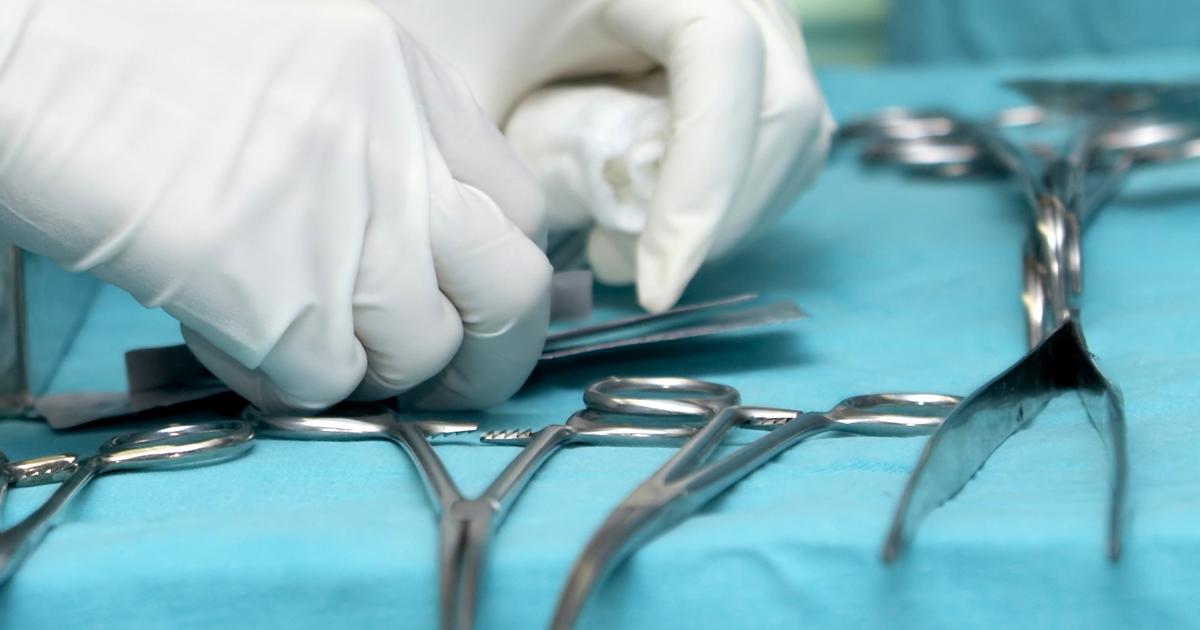Have An Overactive Bladder? You Aren't Alone And There Is Help
Aging

The natural process of aging is a prevalent cause of an overactive bladder in many affected individuals. Older individuals are more likely to experience an overactive bladder due to accumulated damage to the involved nerves and the progression of one or more neurocognitive disorders. These factors interfere with nerve signaling to and from the bladder. Older individuals are also more prone to experiencing a pelvic organ prolapse, reduced estrogen, an enlarged prostate, bladder stones, urinary tract malignancies, problems with the hips, weakened bladder muscles, and obesity. All of these factors can result in the development of an overactive bladder.
Older individuals have a greater likelihood of developing conditions that limit the use of their abdominal and pelvic muscles, which can also cause an overactive bladder. Any structural abnormality of the body that puts excess pressure on an individual's bladder such as skeletal deformities, edema, and numerous others can cause them to develop an overactive bladder. The increased prevalence of physical problems in the body as it ages is the main cause of age-related overactive bladder. Treatment for the underlying medical problems causing the overactive bladder may help alleviate symptoms.
Operations To Treat Incontinence

Individuals who choose to undergo surgical operations to treat incontinence may experience an overactive bladder following the operation. This complication can occur when the procedure causes injury to blood vessels, nerves, or the bladder itself, which can interfere with its nerve signaling and urine capacity. Some operations to treat incontinence involve the installation of a surgical mesh sling. The sling can erode through neighboring tissues in some individuals, which can result in permanent damage to blood vessels, nerves, and the bladder itself. This damage from surgical mesh can cause the affected individual to have new or worsened symptoms of an overactive bladder.
While most anti-incontinence surgical procedures have a relatively high success rate, complications are always possible. It is imperative that all factors are taken into consideration when deciding to undergo surgical treatment for incontinence, including age, health status, symptom severity, lifestyle, medical history, additional problems involving the pelvic and abdominal regions, and the underlying cause of the condition. Careful planning can help minimize the risk of experiencing post-operation complications like an overactive bladder.
